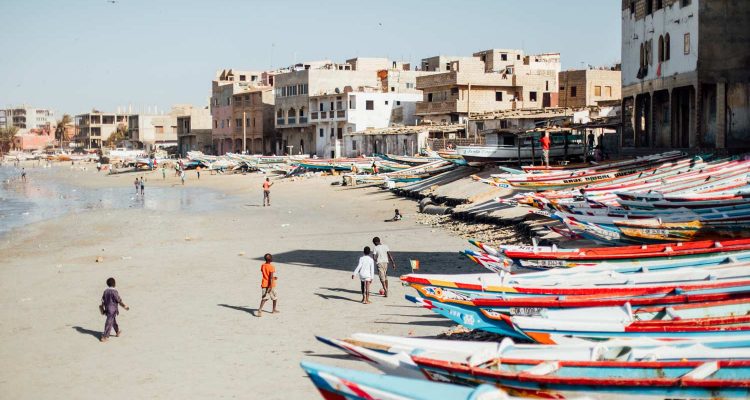La semaine dernière se tenait à Rabat l’African Security Exhibition & Conference (ASEC EXPO), premier salon africain 100% technologique dédié à la sécurité et à la sûreté. A cette occasion, des géants mondiaux du numérique n’ont pas caché leurs ambitions d’ouvrir de nouveaux marchés en Afrique.
D’après les Nations Unies, la population urbaine en Afrique s’élève actuellement à 472 millions d’habitants. D’ici 2040, ce chiffre est amené à doubler pour atteindre un milliard d’habitants. L’urbanisation grandissante de ce continent accompagne la transformation économique de pays africains de plus en plus tournés vers les nouvelles technologies. En témoigne la tenue du premier salon africain 100% technologique dédié à la sécurité et à la sûreté mardi 19 février à Rabat (Maroc). En multipliant les initiatives de ce genre, le Maroc entend devenir une référence, si ce n’est la première référence africaine en matière de smart cities.
Des outils de vidéosurveillance à la pointe
Parmi les invités de marque de cette manifestation, le géant chinois des télécoms, Huawei dont la présence dans certains pays tels que le Kenya, le Cameroun ou encore le Mali ne cesse de s’affirmer. Selon l’agence de presse chinoise Xinhua, Huawei aurait déjà équipé près de 25 villes d’Afrique en caméras. De la même manière que des mégapoles comme Pékin ou Rios’équipent de dispositifs dernier cri de vidéosurveillance, les métropoles africaines en développement aspirent aux mêmes équipements alliant reconnaissance faciale et croisement des données, dans un but avant tout sécuritaire. Cette objectif doit permettre dans un deuxième temps d’ouvrir le continent au tourisme ou au commerce. Par exemple, la ville de Marrakech travaille sur une application qui pourrait permettre aux citoyens comme aux touristes « d’émettre des appels d’urgence et des contributions en matière de sécurité », décrivait Moulay El Hafid Zimirly, un responsable de la région de Marrakech-Safi dans un entretien diffusé par Huawei.
Différents d’une simple caméra, ces systèmes de reconnaissance sont pilotés depuis des centres de commande capables de détecter instantanément toute forme d’accident. Le dispositif est le même que celui installé récemment au carnaval de Rioet qui permet d’analyser plusieurs éléments : des individus pourront être identifiés grâce à la reconnaissance faciale et aux informations stockées dans des bases de données issues sur différentes plateformes, dont les réseaux sociaux. Dans les cas les plus extrêmes, les logiciels les plus puissants pourront détecter les émotions des humains afin de prédire leur comportement. Enfin, les véhicules pourront être repérés grâce aux plaques minéralogiques.
A terme, ces implantations ne seront pas égales dans toutes les régions du monde, soumises à différentes législations. Par exemple, certains pays d’Afrique pourraient devancer la France, régie par la Cnil, sur ces questions de surveillance digitale.
Le Quotidien du Tourisme


Leave a Reply